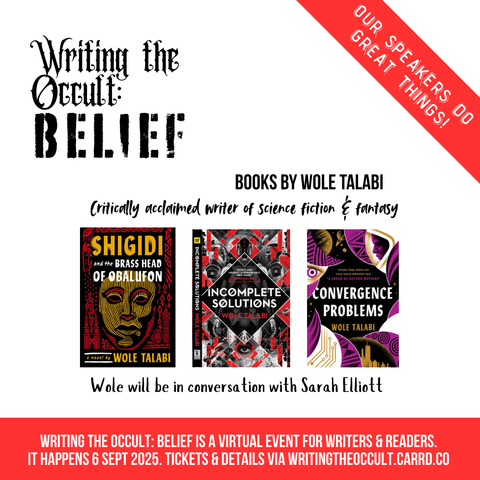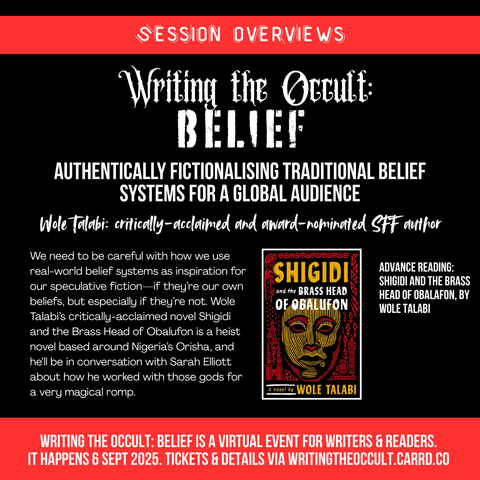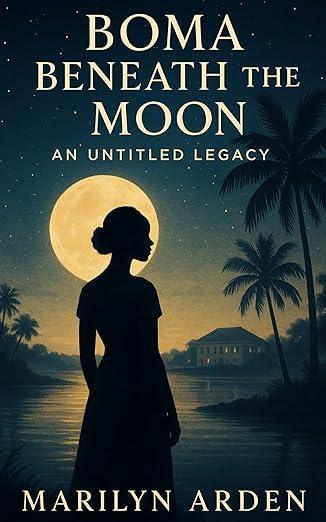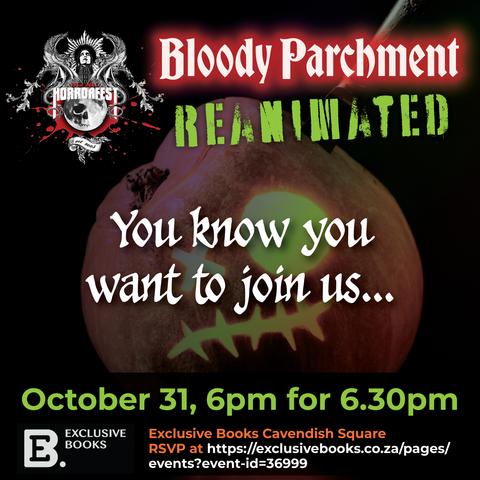I just read The First Wife, A Tale of Polygamy, by Paulina Chiziane and it occurred to me that I have in my head a short list of feminist literature about polygamy, from decolonial and postcolonial perspectives, available in English, that might be useful to someone (if only mentioning that this body of literature exists). I'm not talking about the earliest African feminist novels on polygamy themes that were published by European presses and often reflected colonial (and Christian) perspectives, I'm not talking about Islamic feminism in North Africa, I'm talking about recent more complex explorations with grounding in various traditional African cultures but informed by contemporary women's perspectives.
1. The historically important one: Changes, A Love Story, by Ama Ata Aidoo, 1991 (Ghana, local pan-Africanism, written in English). The protagonist of this novel is a middle class, working mother with a Christian style marriage (monogamy for the woman and other women for the man) who is feeling unsatisfied with her situation as she approaches middle age. Her first marriage ends and she eventually finds a more comfortable relationship as second wife of a Muslim man. Aidoo is deservedly influential and this novel was an important re-evaluation of polygamy in feminist literature. Also a good realist novel written in spare prose.
2. The literary one: The First Wife, A Tale of Polygamy, by Paulina Chiziane, 2002 (Mozambique, includes different cultures within the current state, written in Portuguese). In the style of Portuguese literary novels with extensive internal examination of the thoughts and feelings of the protagonist. The protagonist is a middle-aged stay-at-home mother in a Christian style marriage to a senior policeman who has four more mothers of his children. Our heroine decides traditional polygamy is the best solution so the women can unionise together and insist on their collective and individual rights. This tale weaves subtly between heavy melodrama, heartfelt polemic, and intentional satire (the denouement of the polyandry anecdote made me laugh-aloud, as did a hilarious comedy scene set at a funeral). Warning for 500 pages of relationship jealousy, including domestic abuse, amongst other difficult issues.
3. The one about the relatives: Co-wives, Co-widows, by Adrienne Yabouza, 2015 (Central African Republic, centred in urban Bangui, written in French). A short and surprisingly upbeat novel about two widows with in-law problems for whom polygamous sisterhood proves their most supportive relationship. Includes some telling details of life in the big city. This novel might be read as another perspective on the subject tackled in classic Senegalese novel So Long A Letter so it's important to know that Yabouza credits Mariama Bâ as a strong positive influence on her writing.
4. The polygamy-is-normative one: Ancestor Stones, by Aminatta Forna, 2006 (Sierra Leone/UK, centres recent West African history, written in English). Instead of foregrounding polygamy this novel backgrounds it as completely normal family life. The protagonists are all women, mostly half-sisters born within a traditional polygamous marriage. The novel tells the women's individual stories grounded in that culture and history. I note the author was born and mostly raised in the UK, and she identifies as both Scottish and Sierra Leonian.
5. The token male author: My Father's Wives, by José Eduardo Agualusa, 2007 (Angola/ Portugal/ Mozambique, travel through Southern Africa, written in Portuguese). Another thoughtful novel in Portuguese literary style. Set in Angola, Namibia, South Africa, and Mozambique. About a woman traveller tracing her dead father's relationships with seven "wives". I don't think the author wholly manages to present women's perspectives in this book, and all the female characters prove elusive to some degree, but the various feminist attitudes are intentional.
#books #reading #AfricanLiterature #AfricanFiction #FeministFiction #feminism #polygamy #bookstodon



